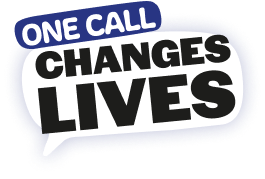How we help
What is domestic abuse?
Domestic abuse encompasses various forms of harm such as sexual, physical, emotional, psychological, and financial abuse. It often manifests as controlling and coercive behaviour, which typically does not occur just once but escalates and becomes more frequent over time.

Coersion and control
Coercive behaviour includes a range of actions including, but not limited to, manipulation, stalking, neglect, excessive jealousy, surveillance or restriction of activities, control over financial resources, isolation, and unreasonable demands. These actions are characterised as acts or patterns of assault, threats, humiliation, and intimidation, or other abuses aimed to harm, punish, or frighten the victim.
Additional forms such as ‘honour’ based violence, female genital mutilation (FGM), and forced marriage also fall under this umbrella, affecting individuals across all genders and ethnic backgrounds.
Controlling behaviour involves tactics intended to make someone subordinate and/or dependent. This includes isolating them from sources of support, exploiting their resources for personal gain, depriving them of the means needed for independence, resistance, and escape, and regulating their everyday behaviour.
